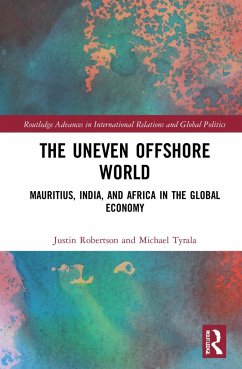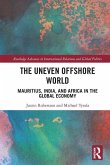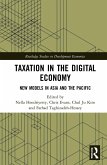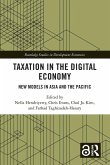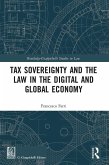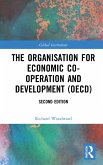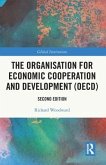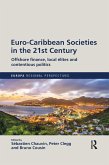Informed by world-systems analysis, this book examines the shifting patterns of accommodation and resistance to the offshore world, with a particular focus on Mauritius as a critical but underappreciated offshore node mediating foreign investment into India and Africa. Drawing on a large pool of financial data and elite interviews, the authors present the first detailed comparative study of the Mauritius-India and Mauritius-Africa offshore relationships. These relationships serve as indicative test cases of the contemporary global tax reform agenda and its promise to rein in offshore finance. Whereas India's economic power and multilateral track record have enabled it to actively shape this agenda and implement it in a robust manner, most African countries have found themselves either unable to meet its stringent criteria or unwilling to do so out of fear that it might discourage investment. Its impact on offshore financial centers has likewise been limited. A few of the least sophisticated ones appear to have fallen by the wayside, but the rest have either remained largely unaffected, or, like Mauritius, succeeded in consolidating their operations and surviving the current round of regulatory headwinds. The findings suggest that the contemporary global tax reform agenda has thus far not only failed to make good on its promise but also actually reinforced numerous existing power hierarchies. The Uneven Offshore World is written in an accessible style and aimed at readers without specialized knowledge of tax issues.
Bitte wählen Sie Ihr Anliegen aus.
Rechnungen
Retourenschein anfordern
Bestellstatus
Storno

